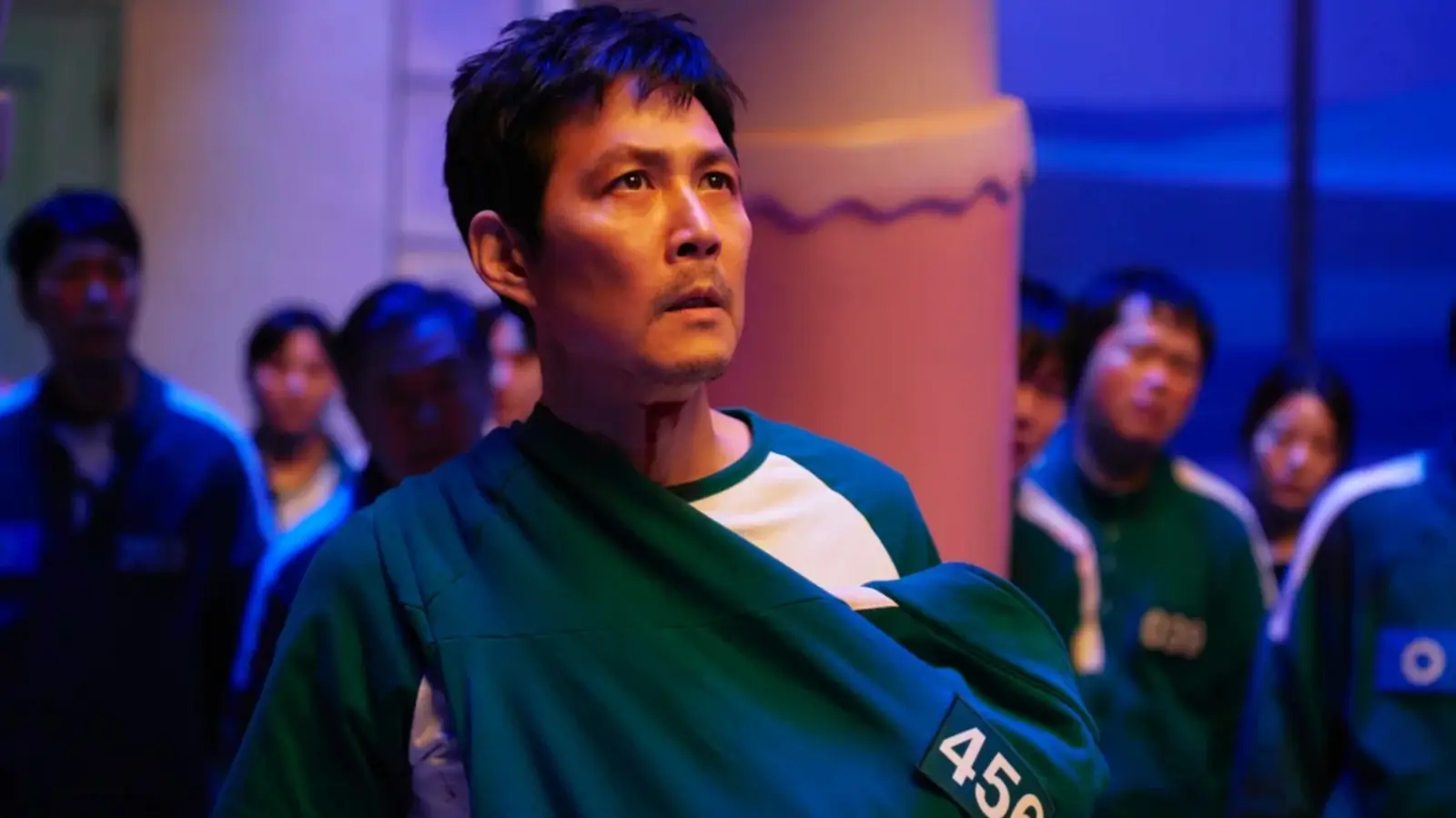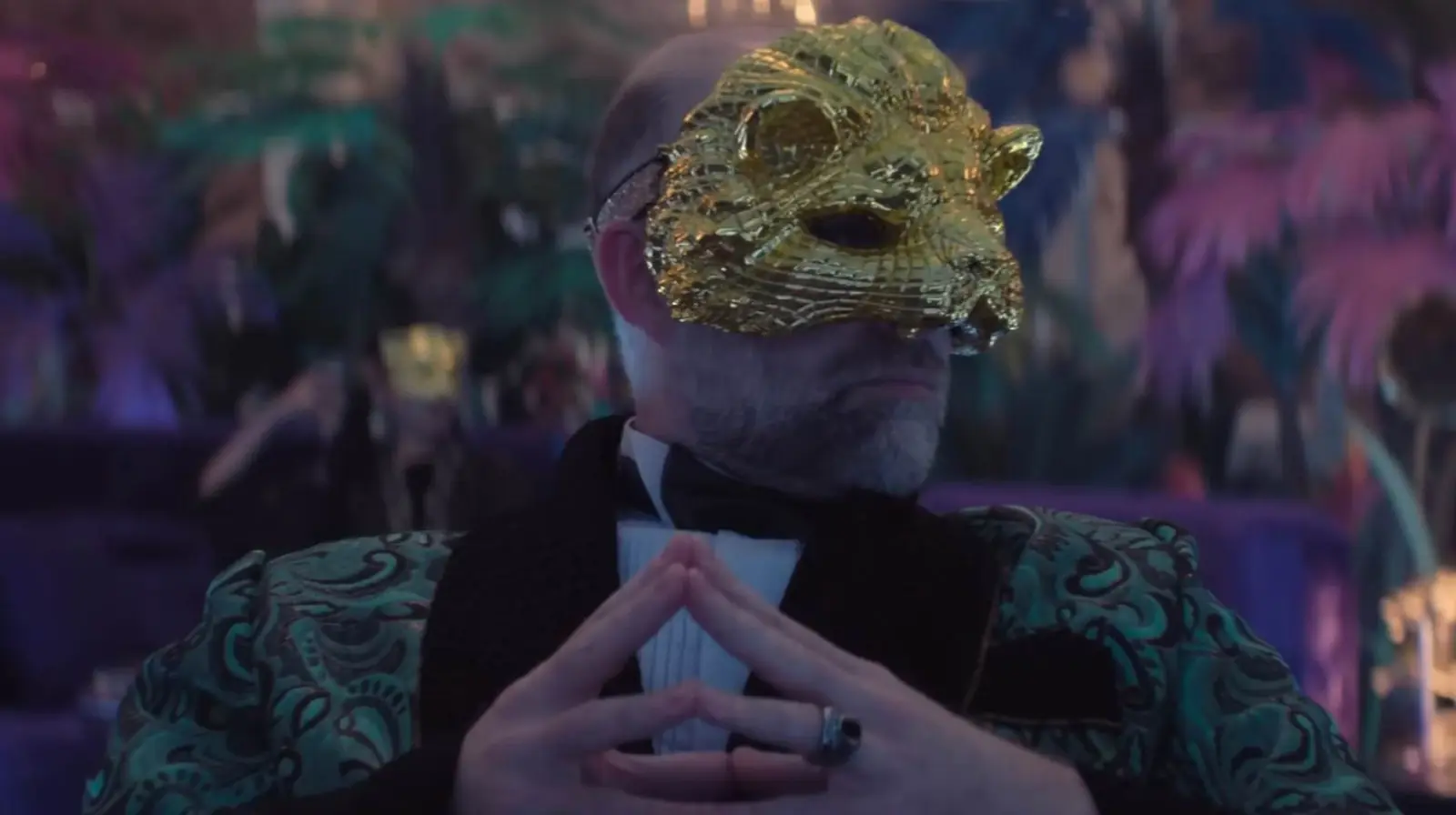“Squid Game” captivated global audiences with its gripping narrative and vivid portrayal of human desperation and resilience. The anticipation for Season 3 has been palpable, and fans are eager to learn how the story of Seong Gi-hun, portrayed by the talented Lee Jung-jae, will unfold. In an intriguing revelation, the show’s creator, Hwang Dong-Hyuk, has shared insights into an alternate ending originally envisioned for Gi-hun and the reasons it was ultimately altered during the writing process.
The series known for its intense socio-political commentary is set in a dystopian reality where financially desperate individuals compete in deadly games for a life-changing monetary reward. The narrative centers around Gi-hun, a kind-hearted but struggling driver with a gambling problem, who becomes embroiled in these perilous games. Season 1 concluded with Gi-hun emerging as the victor, and Season 2 left audiences at the edge of their seats when he decides to confront the architects behind the deadly games.
As Season 3 develops, many fans have been keen to understand the trajectory of Gi-hun’s character. During a recent interview, Hwang disclosed that the original ending plotted for Gi-hun was vastly different from what viewers will eventually witness. Initially, Hwang considered concluding Gi-hun’s journey with a resolution that encapsulated both redemption and sacrifice. This alternate ending had the potential to redefine the character’s journey while providing a powerful thematic message about the triumph of humanity over systemic corruption.
In the preliminary iteration, Gi-hun was meant to use his newfound wealth to orchestrate a large-scale rebellion against the clandestine organization behind the games. This rebellion would have been portrayed as a symbol of collective resilience, an uprising of the downtrodden players uniting against their oppressors. The plan was for Gi-hun to transcend his personal vendetta, evolving into a leader for change who inspires hope among other victims of the system. The ending would have culminated in a gripping climax, showcasing Gi-hun’s ultimate sacrifice for a cause greater than himself.
However, as Hwang continued to develop the narrative, he realized that this arc, while evocative, might be overly optimistic given the gritty realism that “Squid Game” embodies. Hence, the decision was made to pivot towards an ending that sustained the show’s dark realism yet provided room for character development. The transition from an assertive rebellion to a nuanced approach emphasizes the complexity and unpredictability of human behavior when confronted with absolute power and corruption.
The revised ending now focuses on the internal conflict and moral ambiguity that Gi-hun faces. Rather than championing a full-scale rebellion, the narrative creates space for Gi-hun to grapple with his morality and the cyclical nature of violence that the games propagate. This alternate ending, wherein Gi-hun’s battle becomes more introspective, resonates profoundly with the audience’s understanding of his character.
Hwang Dong-Hyuk explained that the modification allowed for a more layered representation of Gi-hun’s evolution, consistent with the show’s overarching themes of survival, choice, and personal integrity. The decision was also influenced by the desire to remain authentic to the narrative arc that has so strongly captivated and challenged audiences worldwide.
The decision to alter Gi-hun’s ending was by no means straightforward. It involved extensive deliberations on the part of the creative team, with the aim of delivering an impactful, thought-provoking continuation that remains true to both the story and character development. Hwang’s approach underscores the importance of narrative integrity and the need to maintain the authenticity of the storyline, even as the show’s universe expands.
It’s worth noting that “Squid Game” has always sparked conversations about societal hierarchies, ethical dilemmas, and the complex dynamics of survival. Season 3 promises to delve deeper into these issues, exploring the grey areas of morality and power through Gi-hun’s journey. The show continues to challenge viewers by questioning societal constructs and examining the lengths individuals might go to for survival and justice.
As fans eagerly await the release of “Squid Game” Season 3, they can expect a continuation that balances suspense with profound social critique. Hwang’s decision to navigate a different path for Gi-hun underscores the importance of adaptability and creative exploration in storytelling. This nuanced portrayal not only promises to keep audiences engaged but also highlights the flexibility necessary to maintain a narrative’s relevance and impact.
The anticipation surrounding the eventual release of Season 3 is tangible, with viewers yearning for closure and answers to the questions left hanging at the conclusion of Season 2. As the storyline develops, it garners an ever-expanding audience eager to unravel the mysteries surrounding Gi-hun’s fate and the overarching machinations of the games’ organizers.
In conclusion, the evolution of Gi-hun’s ending reflects both a creative and strategic shift that stands to enhance the thematic depth of “Squid Game.” By opting for a more introspective journey for Gi-hun, the show maintains its poignant reflection on the human condition while allowing for storytelling flexibility that is essential in maintaining a compelling narrative. The transition promises not only to satisfy the current fanbase but also to attract new viewers captivated by the show’s unique blend of suspense, drama, and social commentary.






